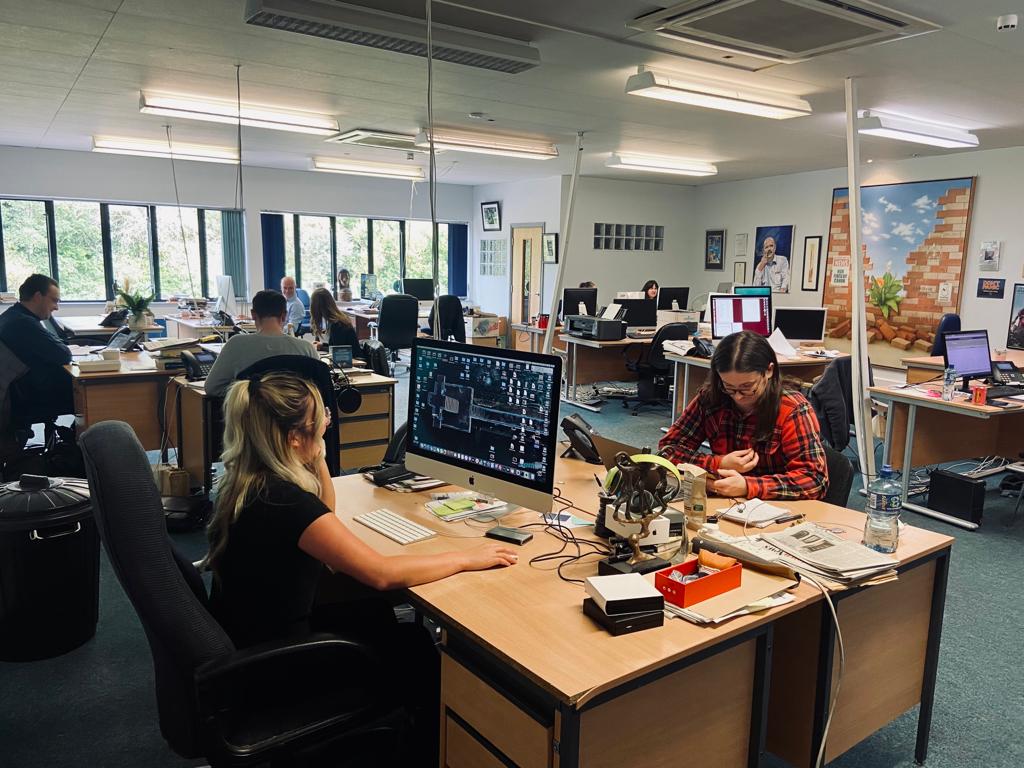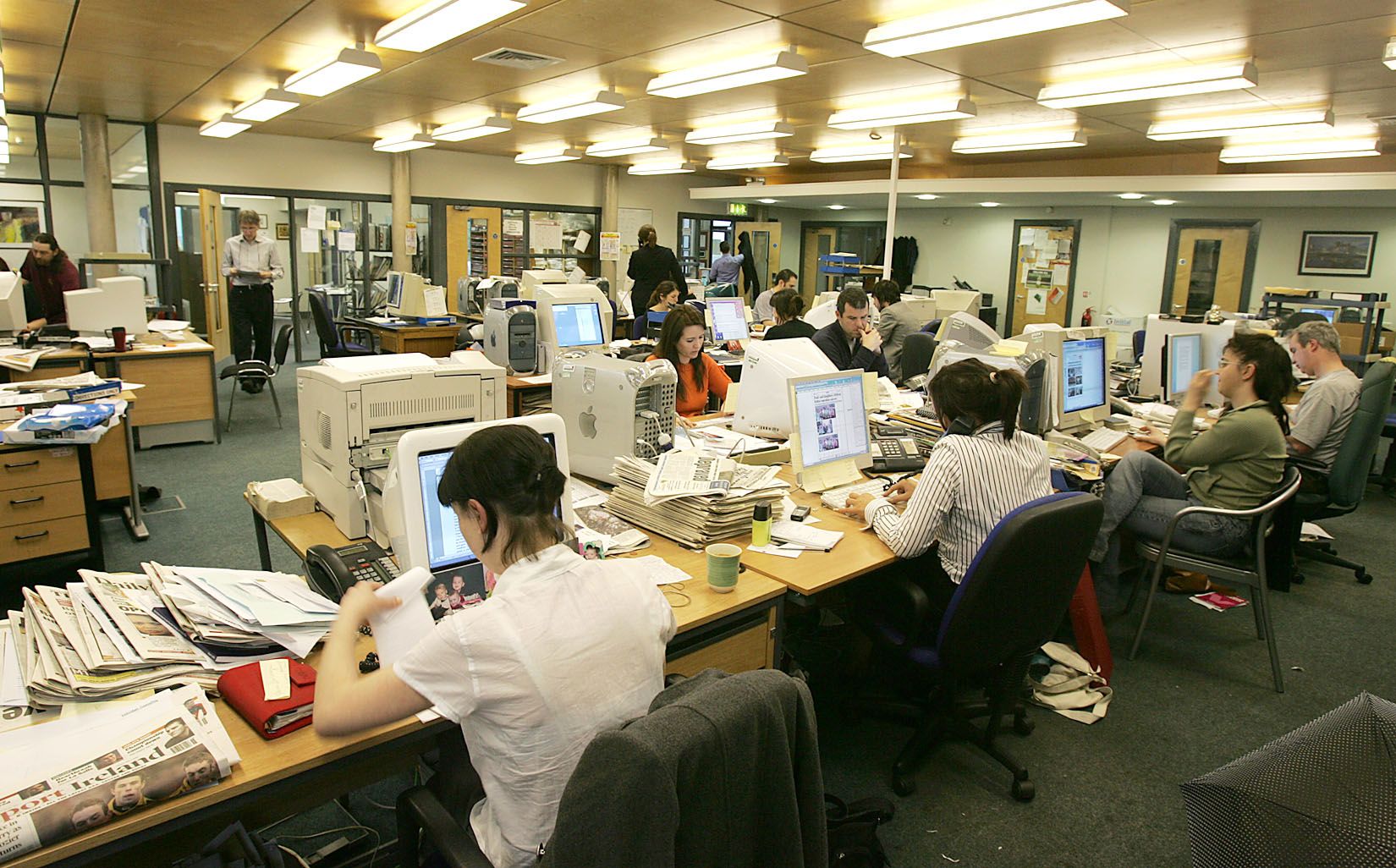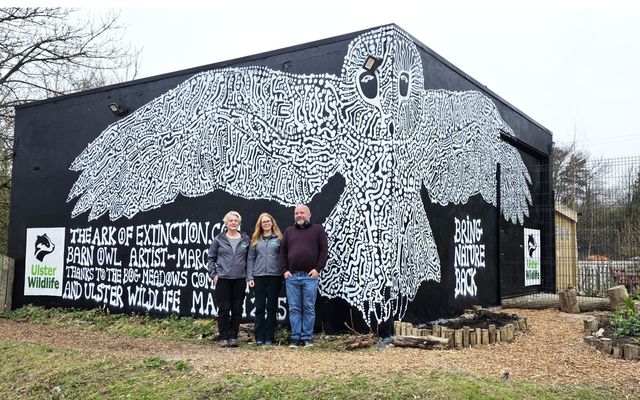The recent report in the online Hill website in the US makes for sobering reading.
"Two local newspapers close every week in the US," it states baldly.
As someone who has had the good fortune to have spent the better part of two decades making common purpose with friends in Irish America, it's been my experience that here in Ireland we're about 18 months behind the US print media. That's a year-and-a-half behind their rise and their spiralling descent.
Since the traditional model of newspapers broke around 2008, it's been all downhill for newspapers here. I have seen once thriving newspaper cities become news deserts with no daily newspaper at all. One bold organisation is now leading a fightback – Report for America, which hires journalists and places them in traditional newspapers across the US. Additionally, Report for America has lobbied for legislation to support local newspapers which is advancing in the US Senate.
We’ve had an amazing five years since our launch on Sept. 18, 2017. Thank you all for your support—especially the hundreds of journalists who answered @Report4America’s call to serve!
— Report for America (@Report4America) September 18, 2022
Here’s to the next five 🥂
Read more: https://t.co/4pfpRKM7RU #OTDpic.twitter.com/FvPrGJtAQ0
And as newspapers were losing revenue hand-over-fist, the internet giants were living high on the hog. No matter that Facebook live-streamed slaughter by religious fanatics around the world or that Google promoted hate for profit. No matter that, as reported this week in the New York Times, 2,300 Russian bots on Twitter fractured the women's movement post the 2016 Trump election with a blizzard of false allegations.
NEW ERA: Around 20 people are employed in producing the Andersonstown News and associated titles in The Print Hall which is now home also to two gymnasiums, a theatre troupe, a daycare centre, and associated businesses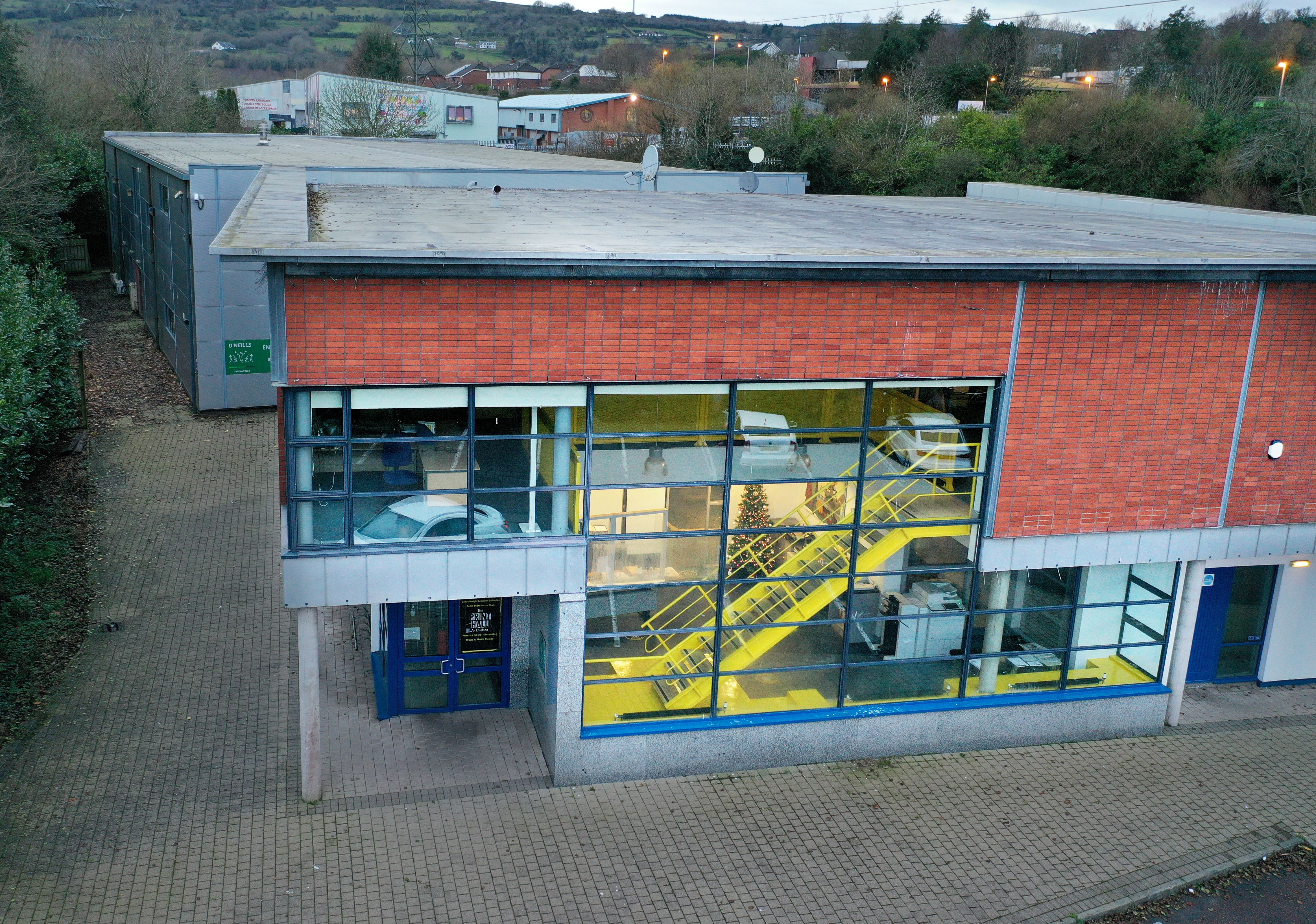
The Wild West of internet publishing flourished in what seemed like a golden age of information but turned out to be a decade of toxic polarisation where anything goes. But the damage was done: advertisers moved from the local newspapers to the web and ushered in an era of cutbacks and layoffs in newsrooms.
In response, some local newspapers closed — the Crossmaglen Examiner and the Observer papers in our patch — and most reduced their page count, becoming shadows of their former selves. Weekly newspapers placed their websites behind paywalls, making them inaccessible to the least well-off. And, of course, as the Hill article demonstrates, where local newspapers are weak or don't exist, democratic participation falls off. And thus we get the situation where for the first time in 100 years, working class people were refusing a life-saving vaccine because of something they read on Facebook.
Here at the Andersonstown News, we've ploughed a different furrow, vowing to keep our pagination up – expect almost 100 pages next week — and keeping our website free now, free forever.
But, of course, that comes at a price. And as many display advertisers have fled – with Stormont departments and Belfast City Council leading the way by excluding local newspapers and websites from all their public notice campaigns — that means we need to call on the community to rally to the cause of independent local journalism which reflects the voice of our readers.
Organizers of the 'Stop Hate for Profit' campaign will call on big European companies to join Verizon, Unilever and other U.S. companies to stop buying ads on Facebook to put pressure on the social media company to remove hate speech https://t.co/HHw2SIfAF7 pic.twitter.com/F8sCxY00BM
— Reuters (@Reuters) June 28, 2020
Anyone who thinks that the BBC will reflect that voice has obviously missed the last ten days of blanket Royal coverage on BBC Northern Ireland. And God bless the wit of anyone who thinks their interests will be served by global tax-dodgers like Facebook, Twitter or TikTok, rapacious global behemoths who believe in nothing but money, pay no tax in this jurisdiction, contribute not a farthing to the rates kitty, and eschew that old-fashioned idea of employing journalists.
VISION: The Aisling Awards and other events celebrating community are core to the success of the Belfast Media Group. Eilish Rooney, Joint Person of the Year in 2021 addresses the Aisling audience.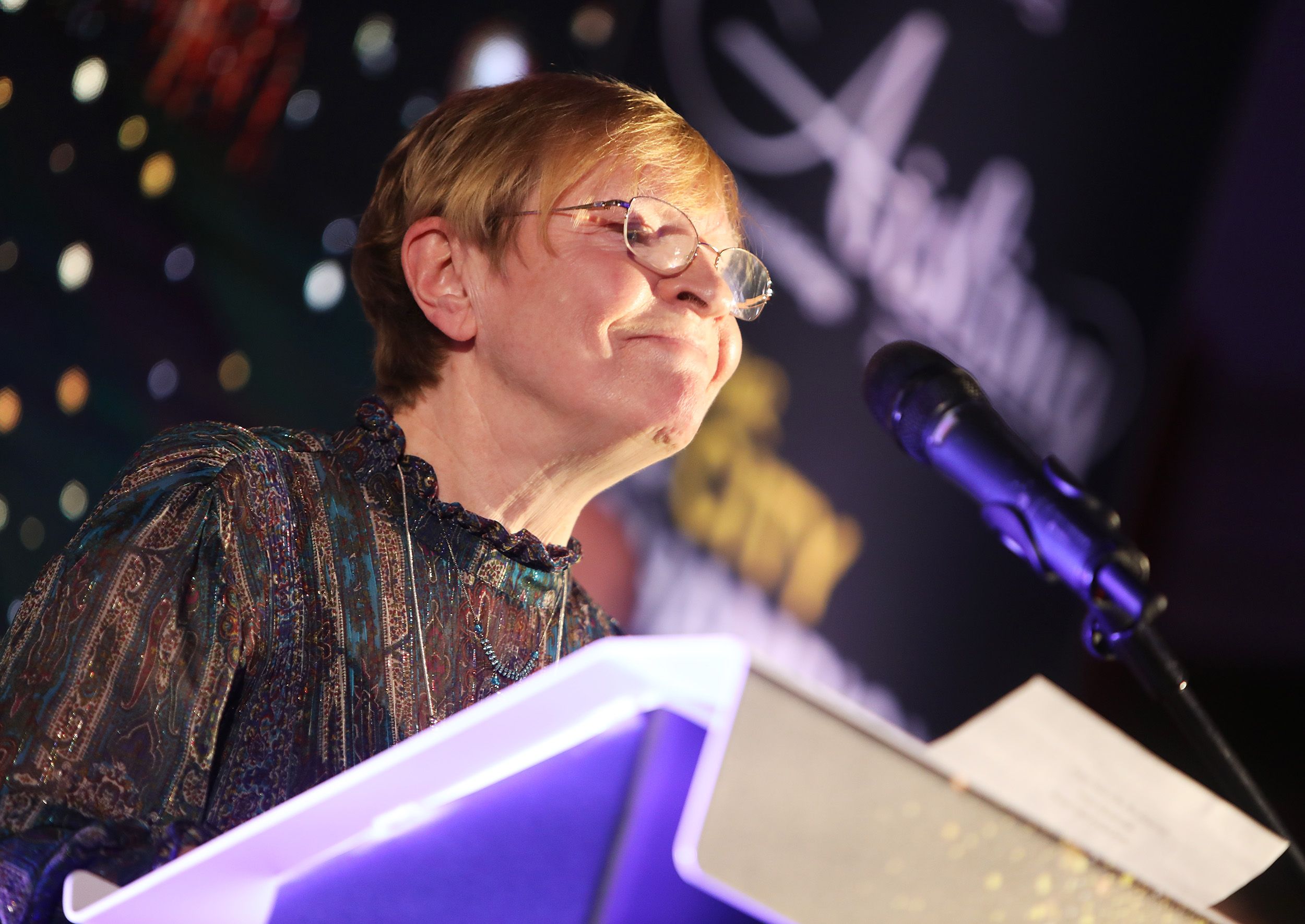
The way forward then is for a renewed partnership between the community and the Andersonstown News (and its sister titles) to ensure that even as we celebrate 50 years of reporting on this proud community that we are planning ahead for the next 50 years of reporting for Belfast. That reporting already looks different — with podcasts, Apps, e-papers, websites, social media channels, video streaming, blogs and ezines — but the principle behind Iris an Phobail will remain absolutely unchanged: building up the community we serve with selfless, fearless, independent public interest journalism.
This week, we published a new media pack illustrating the wide range of services offered by the Belfast Media Group – not least our events celebrating community and our upcoming jobs fair — and set out to explain this new partnership approach to some of our community partners. The deal: we report on a thriving community and in turn organisations and businesses set some of their marketing budget aside for our titles. I wasn't surprised to see the first four community champions we approached — Kennedy Centre, Colin Glen Forest Park, Connected Health and Colin Neighbourhood Partnership — all step up.
This is no handout: in return, our professional journalists and our dedicated team will bring their stories to a readership which understands the importance of a community media and recognises itself in our reporting.
Go maire sibh an céad is a traditional Irish blessing – may you live to 100 – as we hit the 50 mark this November and with your help, that's our intention.

